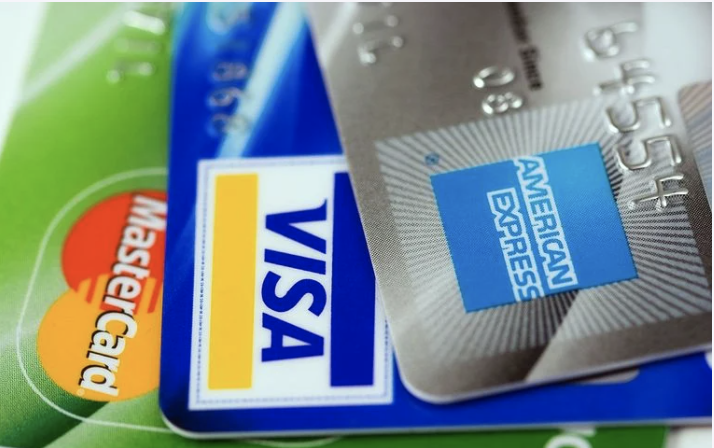Americans’ love affair with plastic shows no signs of fizzling. According to the 2013 Federal Reserve Payments Study Detailed Report (released July 2014), hundreds of millions of credit and debit cards are used by consumers and businesses alike. With cards here to stay, the decision that consumers face is not between cash or credit, but rather between credit or debit. People tend to have idiosyncratic preferences for one or the other, but is either actually safer? Read on to find out which type of card leaves you more vulnerable to identity theft.
Defining Debit and Credit
While debit cards resemble credit cards and bear Visa or MasterCard logos, they work more like electronic personal checks. When you use your debit card to buy something or withdraw money from an ATM, the amount comes directly out of your checking account. Credit cards, on the other hand, are lines of credit extended by a bank, retailer, or other organization. The money that pays for credit card purchases initially is not yours. The lender pays the retailer, and you repay the lender.
Debit Cards: Pros and Cons
On the plus side, debit cards require your own money, so they keep you from spending more than you have. Moreover, debit cards require a PIN (personal identification number) for most transactions, which adds an extra layer of protection. However, debit cards have several drawbacks, including:
- With fraudulent charges, banks don’t automatically credit the money back, and the investigation into the charge could take weeks.
- Debit card authorizations can block access to your money. Gas stations and hotels, for example, may put a three-day hold on more money than the actual transaction amount.
- Your personal liability for a fraudulent debit card charge often increases the longer you wait to report it.
Credit Cards: Pros and Cons
Credit cards, of course, carry the temptation of overspending, and anyone who can forge a signature can use your card. However, credit cards offer many advantages over debit cards, such as:
- Under the Fair Credit Billing Act, you can refuse to pay for things you never received or that are defective.
- You do not have to pay for a disputed transaction during the investigation.
- If you notify your card issuer of fraud within 60 days of receiving the relevant statement, your liability is usually limited.
When To Use Credit
While debit cards have some advantages, there are certain situations where you should use credit cards:
- Online. If your card number gets hacked or if you have problems with the purchase, a credit card keeps the risk confined to your credit limit rather than your entire checking account balance.
- Big-ticket items. You can then dispute the charge if something goes awry.
- Hotels, restaurants, and gas stations. These establishments authorize your card for large amounts up front and can be some of the most common sources of identity theft.
Safeguarding Your Transactions
Whether you use debit or credit, you can help safeguard your account by practicing some commonsense tips. For one, don’t let anyone else use your card. You will still be responsible for overspending by an authorized user. Second, avoid outdoor ATMs, since they are often the targets of skimming, where thieves install a device that steals your card information. Lastly, when shopping online, don’t use public WiFi, don’t store information on retailers’ websites, and shop only on sites whose URLs begin with a secure “https.”
You’re never going to be completely insulated from identity theft, regardless of the type of card you use. However, credit cards can typically offer more protection than debit cards in dispute flexibility, personal liability, and fraud reporting grace periods.

